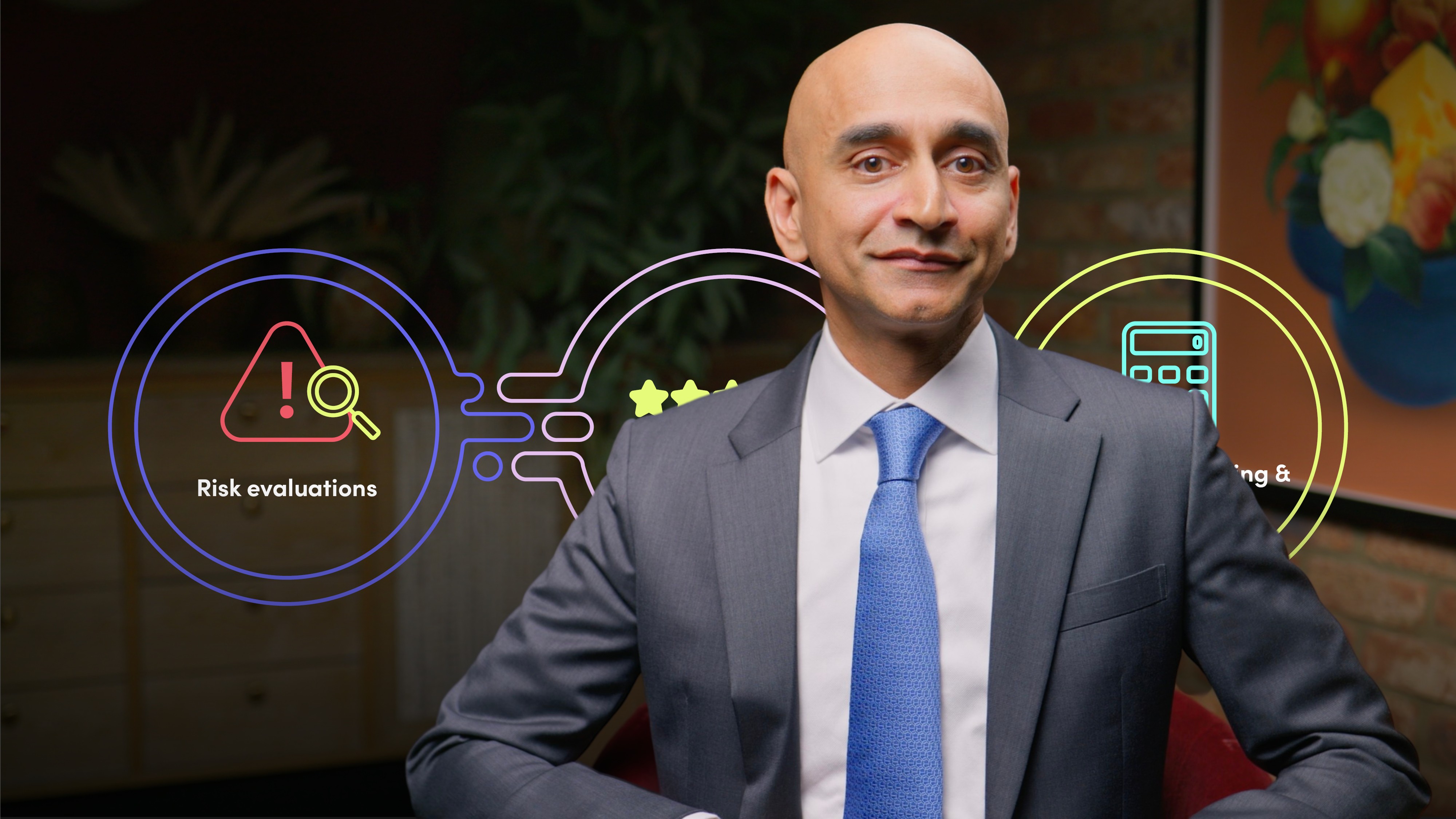
Assessing Social Investment Risks and Opportunities

Arun Kelshiker
20 years: Asset management and stewardship
In this video, Arun explores the significant influence of material social factors on investments, ranging from globalisation and AI to inequality and changing demographics. He explains how to identify these factors at the country, sector, and company levels, recognising unique investment opportunities such as healthcare in Japan and telecommunications in India.
In this video, Arun explores the significant influence of material social factors on investments, ranging from globalisation and AI to inequality and changing demographics. He explains how to identify these factors at the country, sector, and company levels, recognising unique investment opportunities such as healthcare in Japan and telecommunications in India.
Subscribe to watch
Access this and all of the content on our platform by signing up for a 7-day free trial.

Assessing Social Investment Risks and Opportunities
6 mins 42 secs
Key learning objectives:
Understand how to identify material social factors in investment opportunities
Understand how to integrate social factors into investment decisions
Overview:
Material social factors greatly influence investments. Key elements include globalisation, AI, inequality, digital disruption, and changing demographics to name a few. Their impact varies across countries, sectors, and companies. For instance, Japan's ageing population suggests healthcare investments, while India's urban growth points to telecommunications opportunities. Government mandates, such as the UK's Modern Slavery Act, emphasise corporate responsibility. It's crucial to recognise that neglecting social factors can impact profitability. Thus, when conducting investment analyses, it's essential to integrate risk assessments related to social factors, evaluate management quality, and employ precise financial modelling. Efficiently managing these factors often signifies robust stakeholder relations. Additionally, financial forecasts and risk profiles should be adjusted to account for potential social risks.
Subscribe to watch
Access this and all of the content on our platform by signing up for a 7-day free trial.
Subscribe to watch
Access this and all of the content on our platform by signing up for a 7-day free trial.

Arun Kelshiker
There are no available Videos from "Arun Kelshiker"





























